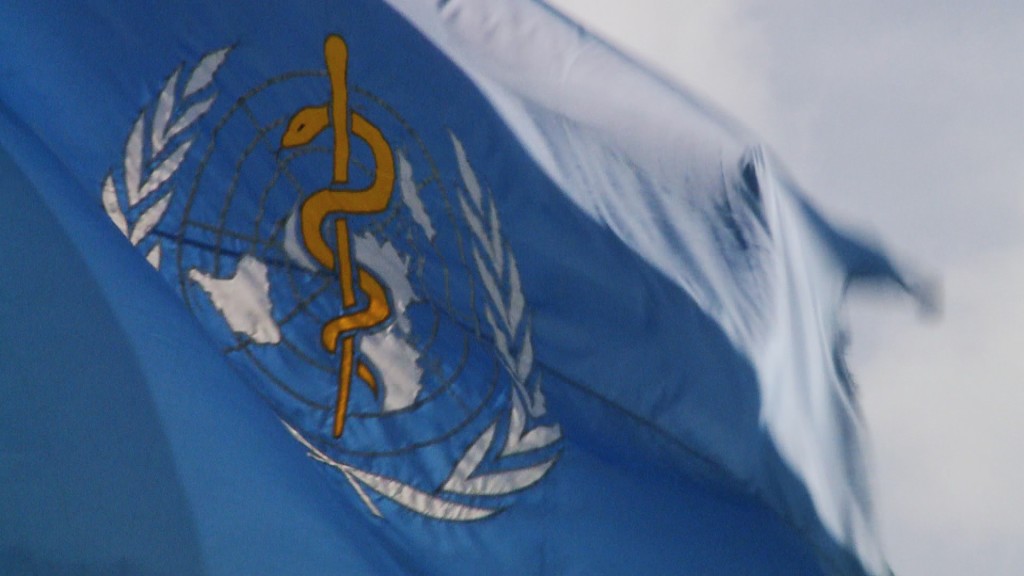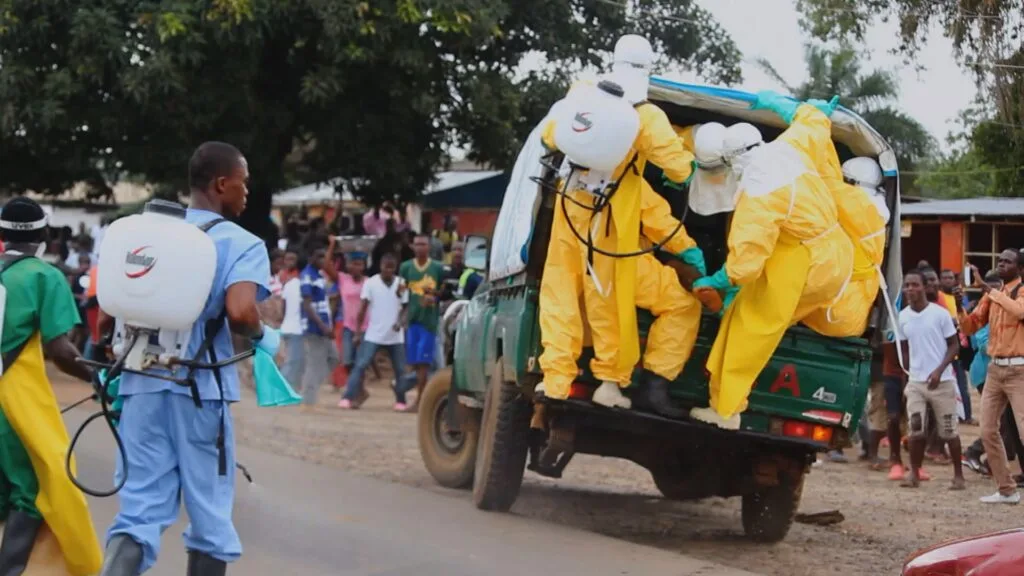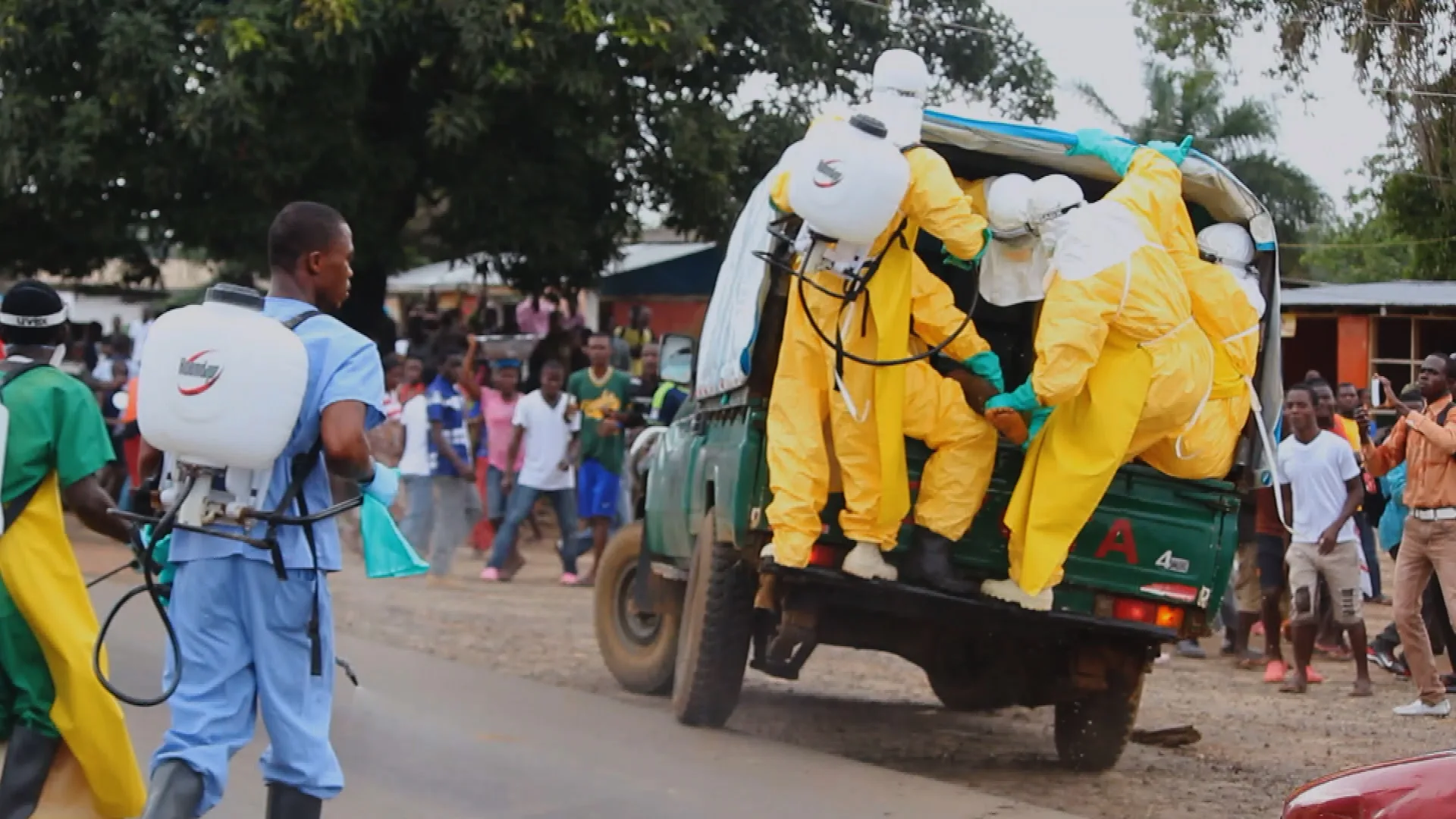Report: Ebola Outbreak Exposed “Organizational Failings” at WHO

July 7, 2015
Share
The World Health Organization’s response to the Ebola outbreak in West Africa exposed “organizational failings” within the public health arm of the United Nations, showing that it lacks the “capacity or organizational culture” needed to respond to global health emergencies, according to an independent review commissioned by the WHO and published on Tuesday.
The scathing review found the WHO unable to respond rapidly to such large-scale health scares, despite its status as the U.N. agency countries look to when dealing with events like the Ebola outbreak. It called for urgent reforms, warning, “The world simply cannot afford another period of inaction until the next health crisis.”
The report comes as Guinea and Sierra Leone continue to struggle with ending the outbreak, while Liberia — which the WHO declared Ebola-free in May — confirmed at least three new cases in July. In all, more than 11,000 people have died since the start of the outbreak in December 2013, while more than 27,000 have been infected.
Although Guinea and Liberia officially identified the virus in March 2014, the report criticized the WHO for “significant and unjustifiable delays” in declaring an international emergency — which it finally did in August 2014, after more than 1,000 deaths. The report faulted the WHO for not adequately responding to early warnings from groups like Doctors Without Borders, whose staff members had been sounding the alarm for months leading up to the WHO’s declaration.
Read more: Sounding the Alarm
The report found that messages sent by experienced regional WHO staff about the seriousness of the epidemic either did not reach senior leaders or were not recognized for their significance. The agency tended to adopt a “reactive, rather than a proactive, approach to emergencies,” according to the review. “There seems to have been a hope that the crisis could be managed by good diplomacy rather than by scaling up emergency action,” the report said.
“In our mind, we had the idea that Ebola was something which was severe but typically occurred in a certain way, and then could be handled,” said Keiji Fukuda, the assistant director-general for health security at the WHO, during an interview for the recent FRONTLINE investigation, Outbreak. “At that time, we didn’t really know how complex it was going to become.”
Read more: Was Ebola Outbreak an Exception Or Was it a Precedent?
Among its many suggestions, the report recommended the creation of a system that would alert the international community at an earlier stage during a crisis, rather than waiting for the declaration of a full “public health emergency of international concern.” Such a declaration would act as a global distress call, according to internal documents obtained by the Associated Press, “ramp[ing] up political pressure in the countries affected” and “mobiliz[ing] foreign aid and action.”
The report also called for a $100 million contingency fund that would allow the WHO to respond to health emergencies more quickly. The report supported the idea of increasing the WHO’s operational capacity to deal with health emergencies, instead of handing over the emergency response portion of a health crisis to another U.N. agency altogether.
Read more: After Ebola: Are We Ready for the Next Epidemic?
While the WHO bore the brunt of criticism, the report also said countries failed to implement surveillance and data collection according to regulations that were put in place a decade ago. It also criticized nations for instituting travel bans, saying they had negative political, economic and political consequences.
Responding to the report, the WHO said it was “already moving forward on some of the panel’s recommendations,” including the contingency fund and an emergency workforce. The WHO also said Director-General Margaret Chan would convene a committee in August to review the health regulations and recommendations of the report.
Related Film: Outbreak
FRONTLINE investigates how the outbreak began, and why it wasn’t stopped until it was too late.

Related Documentaries
Latest Documentaries
Related Stories
Related Stories
Explore
Policies
Teacher Center
Funding for FRONTLINE is provided through the support of PBS viewers and by the Corporation for Public Broadcasting, with major support from Ford Foundation. Additional funding is provided the Abrams Foundation, Park Foundation, John D. and Catherine T. MacArthur Foundation, Heising-Simons Foundation, and the FRONTLINE Trust, with major support from Jon and Jo Ann Hagler on behalf of the Jon L. Hagler Foundation, and additional support from Koo and Patricia Yuen. FRONTLINE is a registered trademark of WGBH Educational Foundation. Web Site Copyright ©1995-2025 WGBH Educational Foundation. PBS is a 501(c)(3) not-for-profit organization.





















